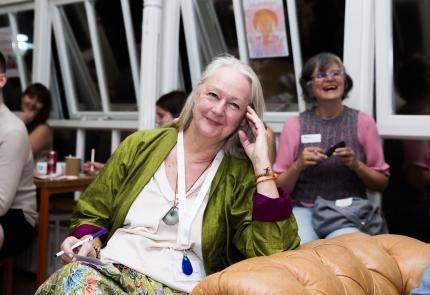How the research will be carried out
The research team aim to collect data from 80 people with dementia and carers. The study is in two parts.
• Part 1: mapping residential respite provision (models of and payment for), including a call for evidence from the care home sector and a workshop with stakeholders.
• Part 2: 18-month in-depth interview study to address the research objectives.
Following gathering of evidence, researchers will ask three groups the following questions:
(1) People who have used residential respite: what were their experiences and how it was all arranged and paid for;
(2) People who have declined residential respite: what are their views and beliefs, what other care arrangements were made, and what could be done better;
(3) People who are waiting for planned respite for the first time: interviews before to ask about expectations, ways in which respite was arranged, and interviews 1-4 weeks after the break to ask about experiences.
We will also ask carers about their general well-being and the overall impact of residential respite on their quality of life and future. We will involve people with dementia and carers in our study (as well as providers and professionals) – to develop interview questions, think about findings, and help with wording of findings produced.
How patients, carers and the public are involved in the research
Active collaboration with key stakeholder groups will take place through the formation of a Study Advisory Group of people with dementia, carers, residential respite providers, social workers, nurses, and allied health professionals working with people with dementia and carers, representatives from Carers UK and Alzheimer’s Society, and other dementia specialists. We aim for this diverse group to result in an exchange of ideas that will generate rich information for us to work with. We will seek their ideas in understanding the emerging data; and in producing a lay summary of findings, so these are accessible to people with dementia and carers.
Potential benefits of the study
Understanding these perspectives and studying the outcomes of experiences will inform care providers’ planning, as well as the information and advice given by health and care practitioners (including dementia navigators). Findings may also shed light on what interventions may be developed for people with dementia and carers who want to use respite services, but face certain barriers, and how public funding such as Personal Budgets and Personal Health Budgets are being used to fund residential respite.
The study is funded by the Alzheimer’s society. It was adopted by ARC South London in May 2020 and was completed in January 2021.
Published paper
Is it worth it? Carers’ views and expectations of residential respite for people living with dementia during and beyond the COVID-19 pandemic

